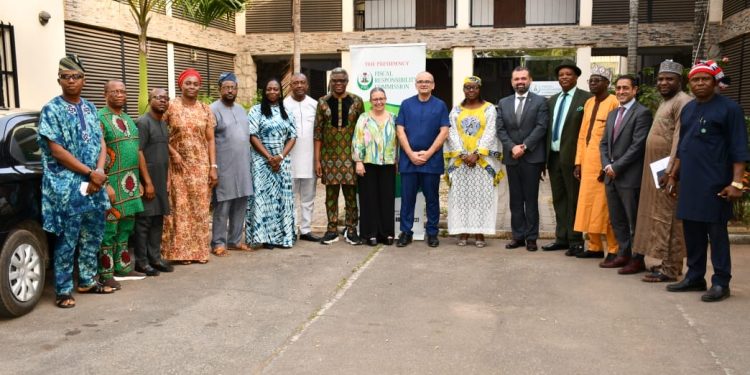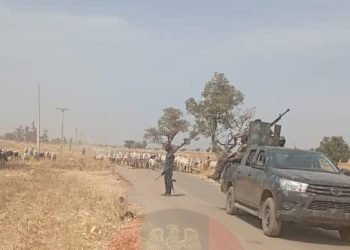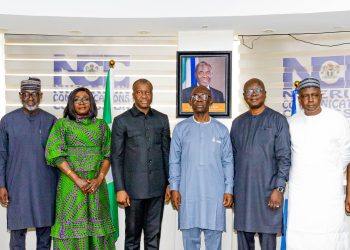By Nkechi Eze
Nigeria’s commitment to improving fiscal-risk management received a major boost as the Fiscal Responsibility Commission (FRC) convened a high-level bilateral meeting with the Debt Management Office (DMO) and a visiting delegation from the International Monetary Fund (IMF). The engagement focused on assessing Nigeria’s progress in managing fiscal vulnerabilities and enhancing institutional cooperation among key agencies.
The IMF delegation, led by Sybi Hida, Senior Economist in the IMF Fiscal Affairs Department, was received by the Special Adviser to the Executive Chairman of FRC, Dr. Chris Uwadoka, and the Commission’s Director of Legal, Investigation & Enforcement, Mr. Charles Chukwuemeka Abana. Hida explained that the Fund’s mission was to review the Commission’s efforts in identifying, monitoring, and responding to fiscal risks, noting that effective collaboration and openness in reporting vulnerabilities are fundamental to sound governance.
During the technical session, Mrs. Rachael Angbazo delivered a comprehensive presentation titled “The Role of the Fiscal Responsibility Commission in Monitoring Fiscal Risks.” She outlined Nigeria’s key fiscal-risk exposures, including macroeconomic risks arising from oil-sector instability, inflation, exchange-rate volatility, and rising interest rates. She also underscored institutional and governance challenges such as weak compliance with the Fiscal Responsibility Act (FRA) 2007, as well as contingent liabilities linked to government guarantees, public-private partnerships, and judgement debts.
Angbazo further highlighted environmental, security, and social risks from flooding and public-health threats like Lassa fever to insecurity driven by Boko Haram, banditry, insurgency, and other criminal activities. She emphasised the FRC’s mandate in enforcing fiscal rules, strengthening transparency, supporting fiscal forecasting, and improving the quality of fiscal information available to government institutions and the public. Her presentation also reviewed FRA provisions relating to the Medium-Term Expenditure Framework, deficit thresholds, and fiscal-risk reporting.
The FRC showcased several of its ongoing initiatives, including nationwide verification of capital projects, oversight of borrowing to ensure alignment with FRA requirements, monitoring the implementation of the MTEF and annual federal budget, support to sub-national governments on fiscal-responsibility legislation, and collaboration with the National Assembly on revenue oversight. Enforcement of audited-account disclosures by Government-Owned Enterprises and sensitisation programmes aimed at improving compliance were also highlighted.
However, the meeting noted pressing challenges such as limited funding, capacity gaps affecting advanced fiscal-risk modelling, inconsistent reporting by MDAs and GOEs, and constraints linked to the FRC’s limited institutional and financial independence. To address these issues, participants recommended amendments to the FRA to introduce sanctions and grant prosecutorial powers to the Commission, clearer definitions to prevent misuse of emergency borrowing provisions under Section 12(2), stronger inter-agency coordination, and institutionalised fiscal-risk reporting.
In his closing remarks, IMF team lead Sybi Hida urged the Commission to prioritise legal and capacity-related risks, reaffirming the IMF’s readiness to support Nigeria in strengthening its fiscal-risk framework. The DMO’s Deputy Director, Bartholomew Aja, along with Salisu Ahmed, represented the Office and confirmed the need to integrate the FRC into future Debt Sustainability Analysis processes as part of broader inter-agency alignment.
The meeting ended with a shared consensus that robust fiscal-risk management anchored on transparency, collaboration, and reliable data is indispensable to safeguarding Nigeria’s long-term fiscal stability.
















